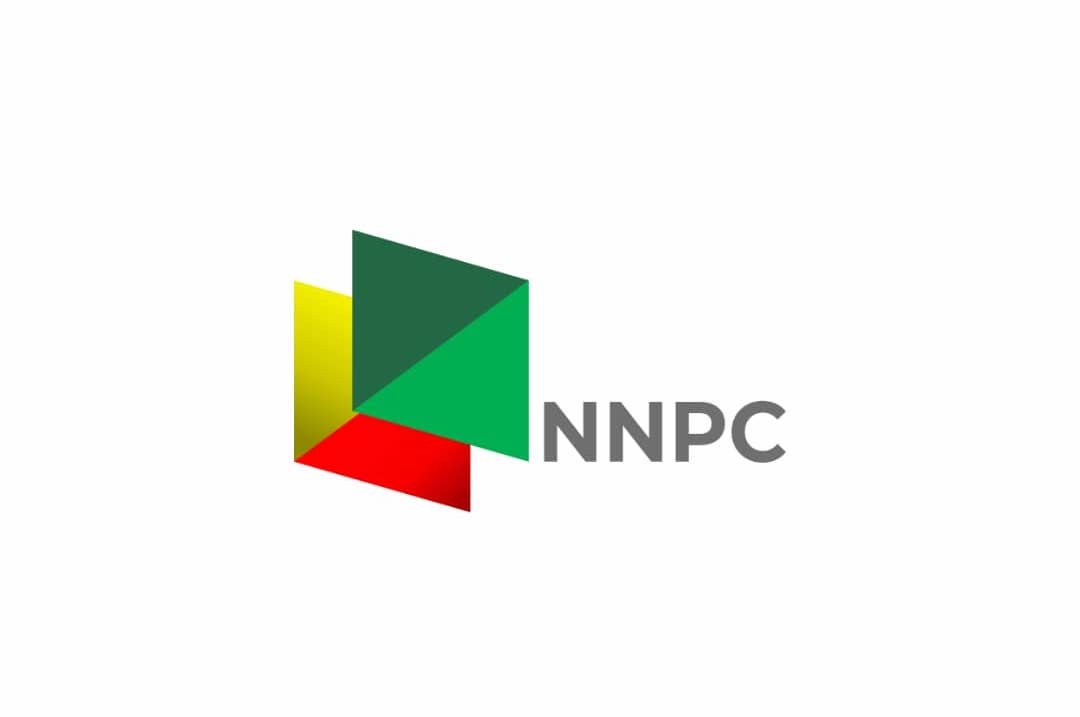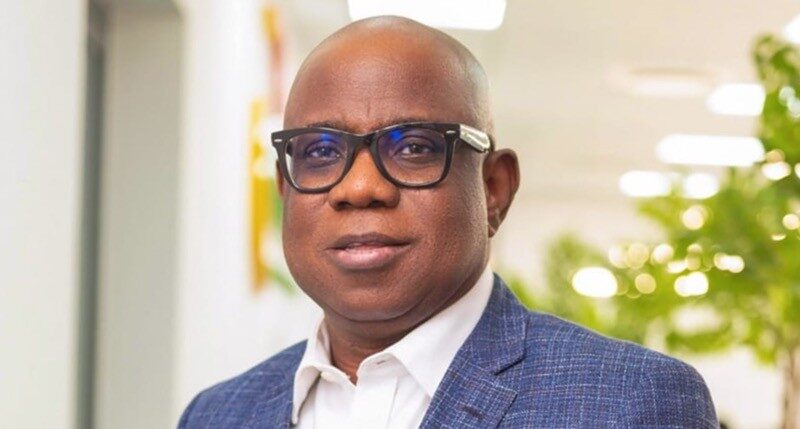Blessing Ibunge in Port Harcourt
Stakeholders and host communities of Trans Niger Pipeline (TNP) in Rivers, Imo and Abia states have commended Pipeline Infrastructure Nigeria Limited (PINL), the surveillance company responsible for securing the TNP for the services they have been rendering since they were contracted by the federal government.
This is as the stakeholders have urged the federal government to be fair in their dealings with oil host communities in the areas, demanding for a clear explanation of what the Petroleum Industry Act (PIA) stands for.
The demand was made yesterday, at a stakeholders’ engagement organised by PINL in Port Harcourt.
During the interactive session, the stakeholders noted that since the takeover of protection of the pipelines by PINL, the TNP trunk line has witnessed improved production running into billions of dollars for the country as the line has recorded zero infractions except for the recent past weeks.
In his speech, President of the Movement for the Survival of Izon Ethnic Nationality in the Niger Delta (MOSIEND), Kennedy Tonjo-West, said PINL has saved the country billions of dollars by virtue of their surveillance activities.
He commended the company for their continuous engagement with host communities and called on the Nigerian National Petroleum Corporation Limited (NNPCL), to come out with plans for host communities in the region for their years of support and cooperation.
He said: “We have a credible company like PINL who have laboured, they are people friendly, they know how to go about securing pipelines.
“PINL is doing a credible job. I want to thank the management. You have saved billions of naira for the Federal Government but I want to say, how is it reflecting on the communities from the angle of the NNPCL?”
Tonjo-West challenged communities to continue putting in more efforts in ensuring the pipelines are safe while urging the federal government to be fair to host communities.
“We have been cooperative, we have been very supportive, in terms of ensuring the federal government seamlessly carries out oil production. We want to use this privilege to urge the federal government to ensure that they make host communities understand what’s in there for them,” he added.
A paramount ruler of Eleme community in Eleme Local Government Area of Rivers, Dr. Philip Osaro Obele, said beyond pipeline surveillance, carrying out corporate social responsibility programmes and creating employment by PINL, there is need for the communities to get fair treatment from the federal government.
The traditional ruler lamented that most oil companies operating in the areas didn’t engage their youths which most times led to pipeline vandalism and illegal oil-bunkering.
He called for increased opportunities for the host communities, provision of social amenities and skills to better the lives of the host communities.
Paramount Ruler of Tai Kingdom, King Samuel Nnee also commended PINL for the engagement and noted that his domain has recorded zero infractions in the pipelines because of continuous engagement between them and youths of the area.
He however said there is need for more participation of the party locals in oil exploration. “I want to say that Pipeline Infrastructure Nigeria Limited has done well as it regards pipeline surveillance and protection.
“But the time has come when locals should control the oils in their communities and that is the position of Ogoni people. So, we are asking that the federal government should give us our lines, let us run it, let us exploit the oils and pay benefits to our people.
“It is our oil, so let’s be part of it, let it be participatory, let us deal in it directly, let our children grow in the industry and we pay our royalties to the federal government,” Nnee said.
Earlier in his address, the Community Relations Consultant of PINL, Dr. Akpos Mezeh said the essence of the engagement was for the host communities and the company to review how they have fared on the security of the pipeline and seek ways of improvement.
He noted that the job of the company depends largely on intelligence from the host communities, hence they were critical stakeholders in the company’s business.
Dr. Mezeh further commended the communities for the harmonious relationship they had enjoyed from them since they started operations.
He emphasised that the success of the company’s operations is stakeholders’ engagement, stressing that the company has reached out to all relevant stakeholders including non-state actors, chiefs, youths, women leaders, local government chairmen to ensure inclusivity in the pipeline surveillance job.
He used the medium to disclose that the company has engaged in several corporate social responsibility programmes to ease the burden of the economy on its host communities including interventions in areas of health and infrastructure.


